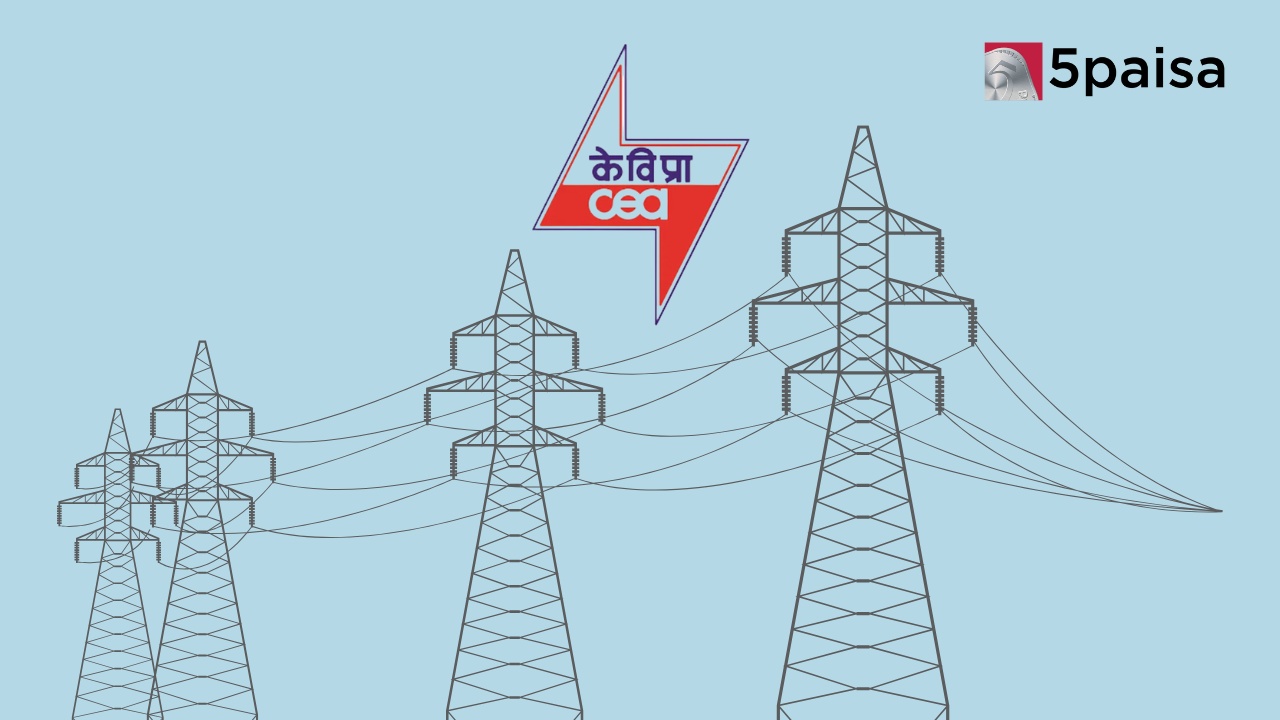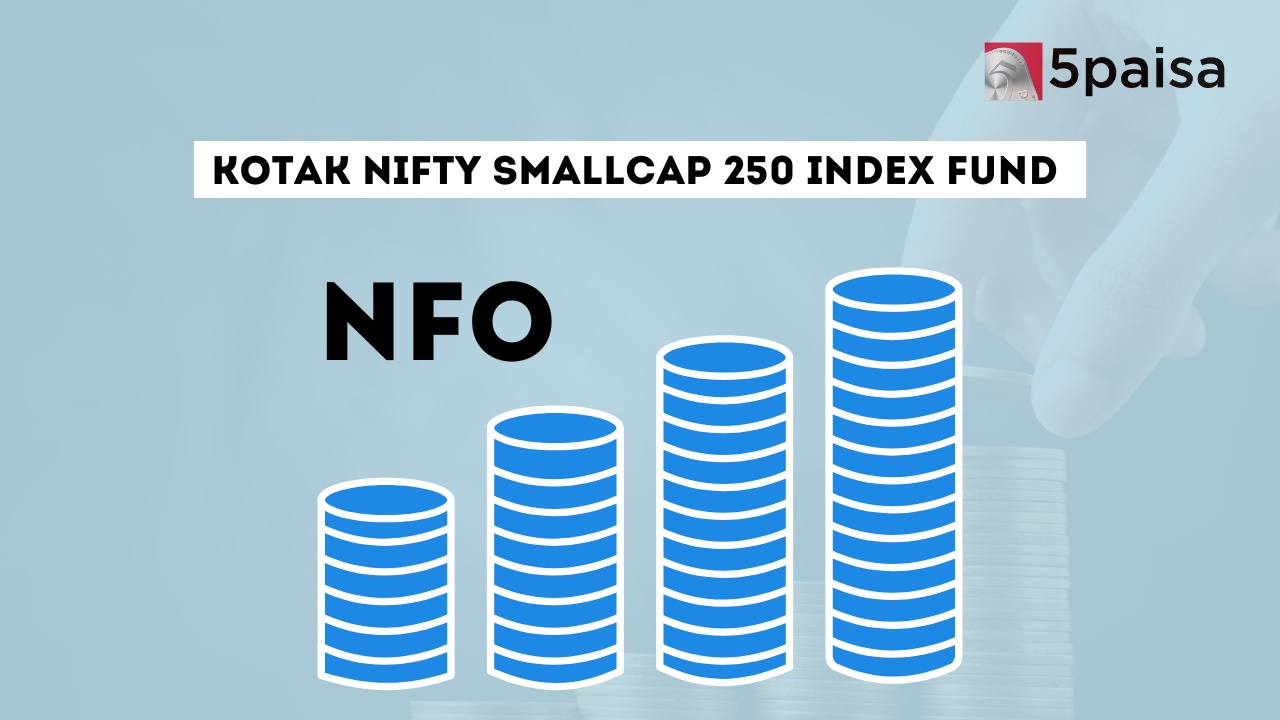What the changed MSCI rules mean for the HDFC Twins

Last Updated: 14th November 2022 - 04:38 pm
The stock of HDFC Bank and HDFC were among the two top value creators on the Nifty in the previous week. What exactly happened in these stocks which have either been static or have lost value in the past few months. The truth is that both HDFC Ltd and HDFC Bank gain substantially in terms of the weightage of the combined entity in the MSCI Emerging Markets Index. On Friday, both HDFC Ltd and HDFC Bank surged by more than 5% and the bullishness sustained on Monday also. The optimism stems from the optimism that their amalgamation will attract higher capital flows from passive index funds and index ETFs.
Let us first spend a moment on these index funds and index ETFs tracking the index. Normally, there are billions of dollars that are pegged to various passive indices in India. The most popular allocation methodology is the MSCI Emerging Markets Index and the MSCI India Index which decide on the allocation to various large cap stocks. When the weightage of any of these stocks goes up, there is an aggressive surge in buying as the pegged index funds and ETFs tend to by these shares to retain their holding percentage in the index. Remember, these index funds and ETFs don’t select stocks but just mirror an index.
One of the prevailing confusions pertains to two companies in the index that get merged into one another. Will the weight reduce or increase or would it remain the same. That would largely depend on the floating stock of the company. The optimism we saw in these two stocks last week was on the hope that a recent rule tweak announced by Morgan Stanley Capital International (MSCI) would actually end up enhancing the weightage of the combined entity. It may be recollected that both HDFC Bank and HDFC will merge with HDFC ceasing to exist and HDFC Bank being the survivor. It is a reverse merger, since HDFC is the holding company which holds a stake in HDFC Bank
While the new rule was announced by MSCI last month itself, the interpretation has now come to be reported with much more clarity. For instance, in the handling of corporate actions like the proposed merger of HDFC Ltd into HDFC Bank, there was an overhang of the likely weightage post the merger. Under the new rule of MSCI, HDFC Bank will be treated as an extension of HDFC post the merger. As a result, the foreign headroom requirement will be that of an existing constituent. On a net basis, the impact will be that the weight of HDFC merged entity in MSCI could be double the current weight of HDFC in MSCI.
What investors would be interested to know is the quantum of flows this new rule will attract into the stocks. For instance, it is estimated by some experts that the combined weightage of HDFC and HDFC Bank in the MSCI representative index would increase from the current 5.73% to around 12%. While final estimates of the total flows into the HDFC Twins is not yet known, early estimates suggest that the total flow into these companies due to the impact of the merger could be between $3 billion and $4 billion. The free float of the combined entity will also get higher weightage post the merger due to higher LIF.
- Flat ₹20 Brokerage
- Next-gen Trading
- Advance Charting
- Actionable Ideas
Trending on 5paisa
01
 5paisa Research Team
5paisa Research Team
06
 5paisa Research Team
5paisa Research Team
Indian Market Related Articles
Disclaimer: Investment in securities market are subject to market risks, read all the related documents carefully before investing. For detailed disclaimer please Click here.




